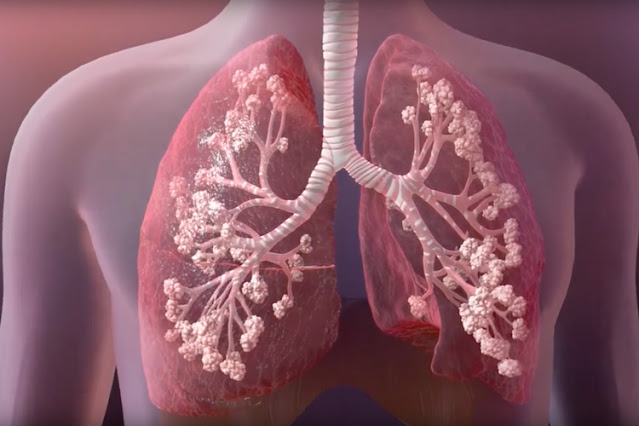The Genetics of Cystic Fibrosis: How It's Inherited and Diagnosed
Cystic Fibrosis (CF) is a genetic disorder that affects the lungs, pancreas, and other organs. It is caused by mutations in the CFTR (CF Transmembrane Conductance Regulator) gene, which encodes a protein that regulates the flow of salt and water in and out of cells. These mutations lead to the production of a defective CFTR protein or no protein at all, resulting in the buildup of thick, sticky mucus in the lungs and other organs. This mucus clogs the airways and makes it difficult to breathe, leading to infections and respiratory failure.
Inheritance
CF is an autosomal recessive disorder, meaning that a person must inherit two copies of the mutated CFTR gene, one from each parent, to develop the disease. If only one copy of the mutated gene is inherited, the person is a carrier of the disease but does not have symptoms. However, carriers can pass the mutated gene on to their children.
Smaller businesses will be encouraged to continue their research efforts, which will help the Cystic Fibrosis Market grow as licencing activities and the number of new collaborations both expand.
When two carriers of the CFTR gene have a child, there is a 25% chance that the child will inherit two copies of the mutated gene and develop CF, a 50% chance that the child will inherit one copy of the mutated gene and be a carrier, and a 25% chance that the child will inherit two normal copies of the gene and not be affected by CF. Genetic testing can determine if a person is a carrier of the mutated CFTR gene.
Diagnosis
CF can be diagnosed through a combination of clinical symptoms, genetic testing, and specialized tests to measure lung function and the levels of salt and other substances in sweat. Symptoms of CF include coughing, wheezing, recurrent lung infections, poor growth, and greasy, foul-smelling stools. Genetic testing can identify mutations in the CFTR gene and determine if a person has CF or is a carrier.
Sweat tests are also used to diagnose Cystic Fibrosis. In people with CF, the sweat is abnormally high in salt, which can be detected through a simple test that measures the amount of salt in sweat. Lung function tests, such as spirometry, can measure how well the lungs are working and monitor disease progression.
Treatment
Although there is no cure for CF, treatment can improve quality of life and extend lifespan. Treatment includes a combination of medications, airway clearance techniques, exercise, and nutritional support. Medications such as antibiotics, bronchodilators, and anti-inflammatory drugs can help manage lung infections and inflammation.
Under the direction of a doctor, Rx Medical Food is ingested or internally delivered for the treatment of an illness or for a particular dietary management.
Airway clearance techniques, such as chest physical therapy and the use of devices that help to loosen and remove mucus from the lungs, can also improve lung function. Exercise and nutritional support are also important, as people with CF require a high-calorie, high-fat diet to maintain a healthy weight and provide the energy needed for daily activities.
In some cases, lung transplantation may be an option for people with advanced CF-related lung disease. However, transplantation carries significant risks and is not a cure for CF. In conclusion, Cystic Fibrosis is a genetic disorder that affects multiple organs in the body, most notably the lungs. It is inherited in an autosomal recessive manner and can be diagnosed through a combination of clinical symptoms, genetic testing, and specialized tests. Although there is no cure for CF, treatment can improve quality of life and extend lifespan.




Comments
Post a Comment